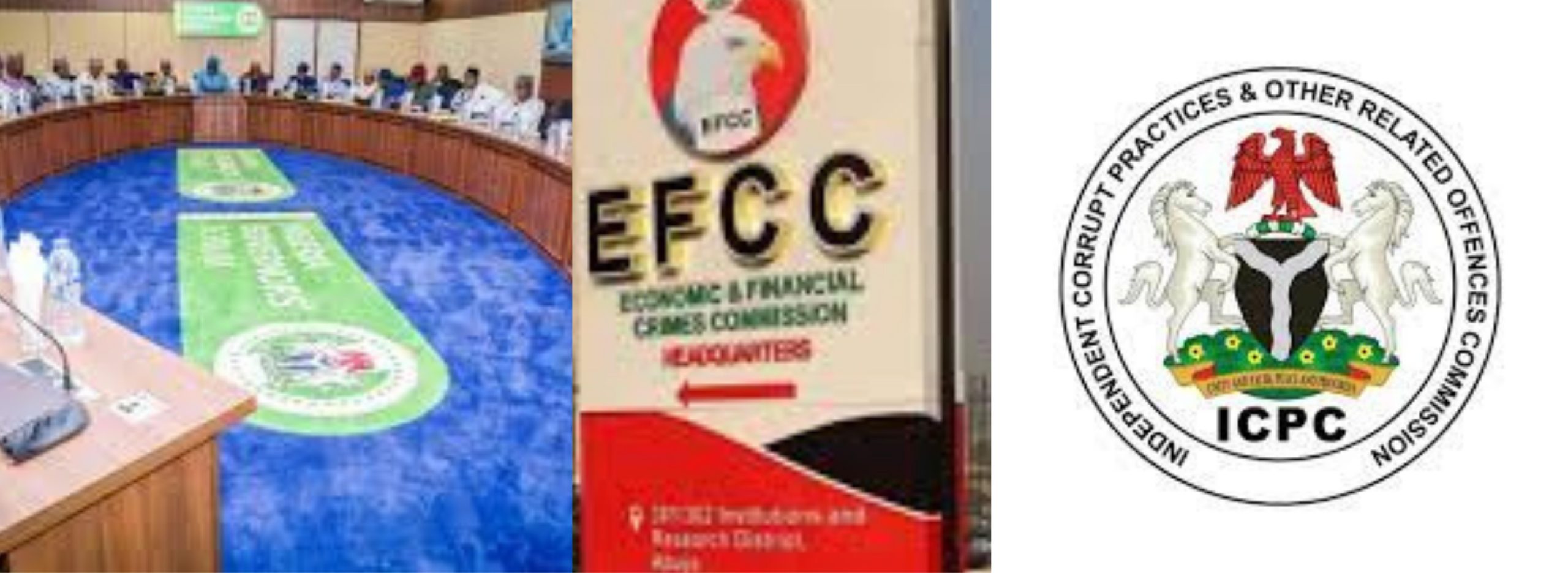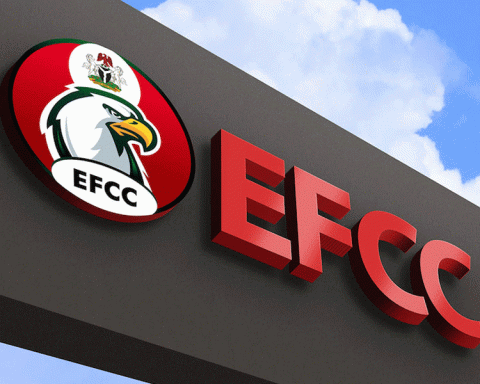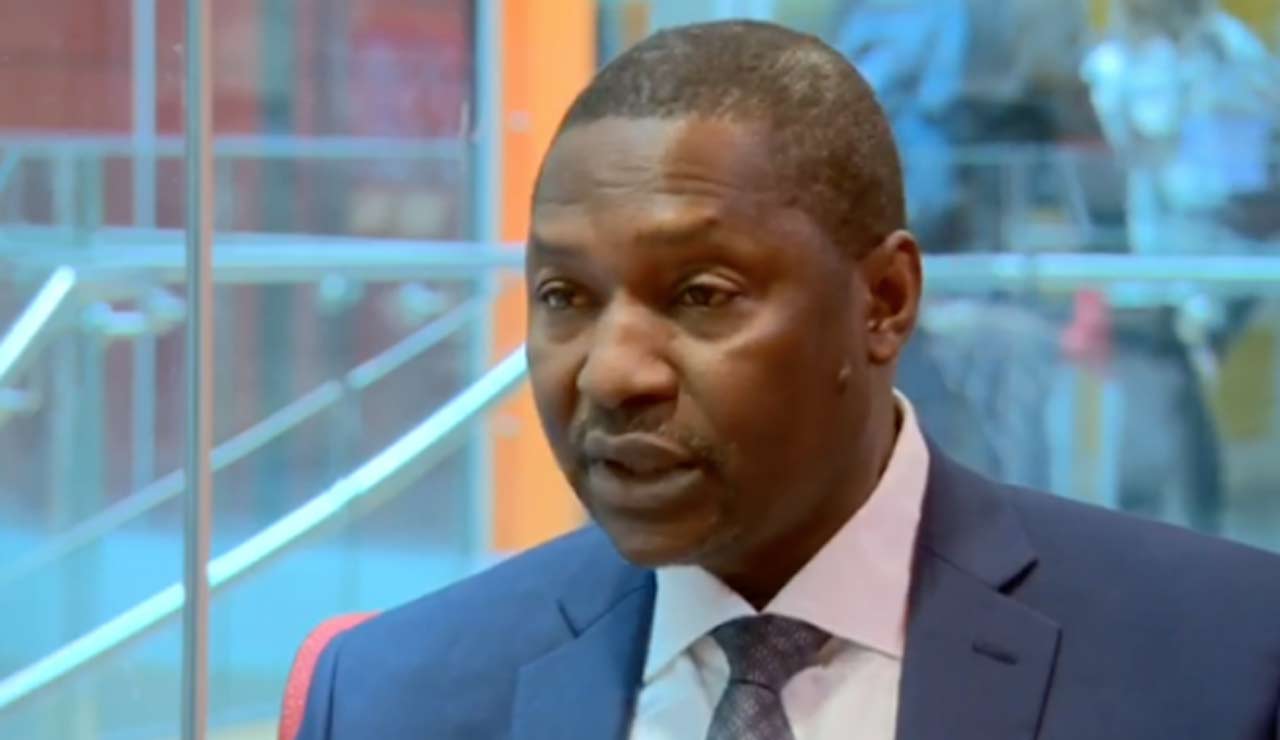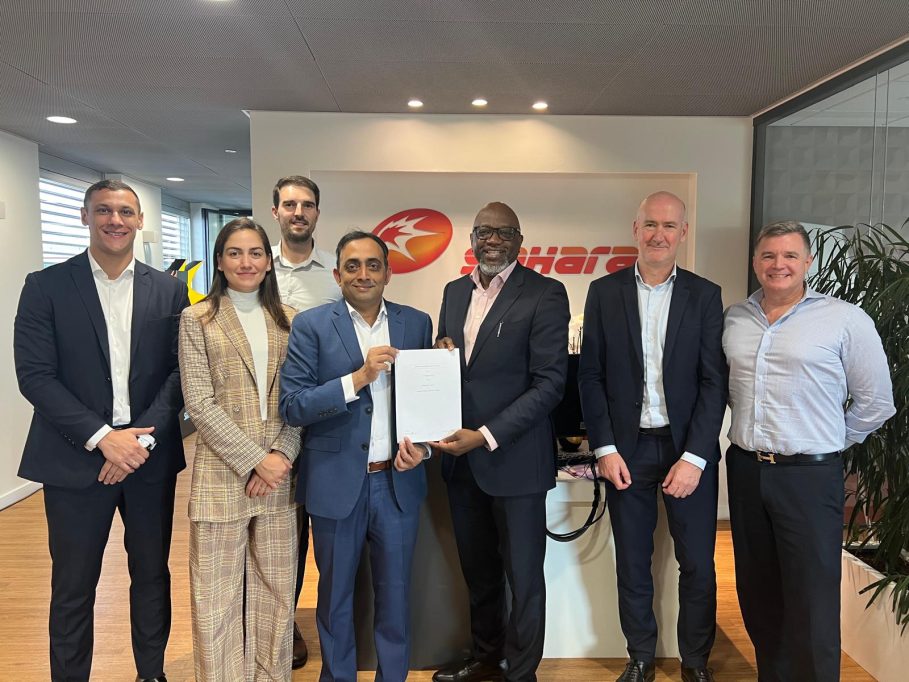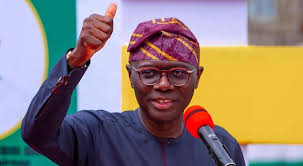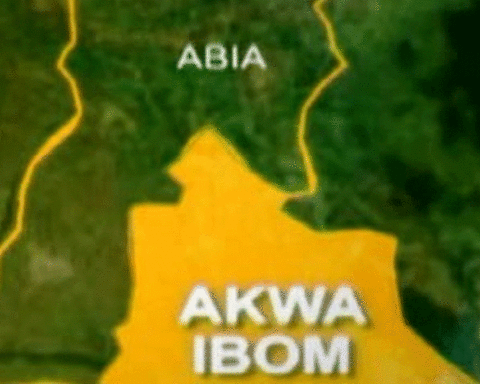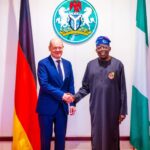What is confusing is that the governors who filed the suit against the EFCC represent a geographically diverse group of states across Nigeria. The states involved in the consolidated suit include Kogi and Nasarawa from the North Central; Kebbi, Katsina, and Sokoto from the North West; Jigawa from the North East; Ondo, Oyo, and Ogun from the South West; Enugu and Anambra from the South East; and Edo and Cross River from the South South. Additionally, Benue and Plateau represent the Middle Belt. This geographical diversity highlights a collective concern among these states regarding the legality of the EFCC and similar agencies.
Also, the governors who filed a suit against the EFCC belong to various political parties. The suit, originally filed by the Kogi State Government, includes co-plaintiffs from states such as Ondo, Edo, Oyo, Ogun, Nasarawa, Kebbi, Katsina, Sokoto, Jigawa, Enugu, Benue, Anambra, Plateau, Cross River, and Niger. Most of these states are governed by either the All Progressives Congress (APC) or the People’s Democratic Party (PDP). It was at the hearing on October 22 that Imo, Bauchi, & Osun States announced their intention to join the suit, while Anambra, Ebonyi and Adamawa withdrew their suits, with the court striking out their cases.
Join our WhatsApp ChannelREAD ALSO:
Why are the governors from different geographical locations and political parties fighting for a particular cause?
Another question begging for an urgent answer is why are these governors from different geographical locations and political parties possibly fighting for a particular cause?
Opinions of Influential Nigerians
Femi Falana, a prominent human rights lawyer, firmly supports the legitimacy of the EFCC and ICPC, arguing that they were properly established to combat corruption as mandated by the Nigerian Constitution. In contrast, Dr. Agbakoba, contends that the EFCC is an unlawful organisation.
Previously, several state governments had individually gone to court to challenge the EFCC’s powers to probe their state finances, arguing that they had their own House of Assembly, Accountant-General, and Auditor-General.
It is also crucial to understand that Justice Dimgba in his judgment during the ruling in Anambra stated that the EFCC had constitutional powers to investigate any act of economic and financial crime in any part of the country, stressing that neither the authorities of a state’s House of Assembly nor Auditor-General precluded the commission from performing its mandate as contained in the Constitution.
Also, Justice S. K. Idris who gave the ruling in Sokoto noted that both anti-corruption agencies had been empowered by an Act of Parliament to perform their duties in fighting corruption across all 36 states of the federation. However, before filing their current suit, the state governors did not consider the judgments of lower courts on these issues.
Again, some state governors have also gone ahead to set up their own state anti-corruption agencies to tackle corruption within their jurisdictions. One must ask; how many individuals have these state anti-corruption agents convicted? or whether they maintain that there is no corruption or mismanagement of funds in their states. How many people have been convicted by their respective Houses of Assembly or Auditor-Generals?
In my view, while EFCC and ICPC are crucial for fighting corruption, their effectiveness is undermined by political interference and lack of autonomy. Hence there is a need for strengthening these institutions through constitutional entrenchment to enhance their credibility and operational independence which is vital for restoring public trust in Nigeria’s fight against corruption.
I believe this is exactly what Falana advocates when he says: “For me, the ICPC and EFCC… have come to stay. What we should be demanding are measures to make these institutions autonomous, not under government control.”
As Justice Uwani Abba-Aji-led Supreme Court panel prepares to deliver its judgment, regarding whether the functions of EFCC fall within or outside the exclusive list, it should be understood that rather than scrapping these agencies, their autonomy from government control is crucial.
Dr Mbamalu is a Jefferson Fellow, member of the Nigerian Guild of Editors (NGE) and a renowned Publisher.
Dr. Marcel Mbamalu is a distinguished communication scholar, journalist, and entrepreneur with three decades of experience in the media industry. He holds a Ph.D. in Mass Communication from the University of Nigeria, Nsukka, and serves as the publisher of Prime Business Africa, a renowned multimedia news platform catering to Nigeria and Africa's socio-economic needs.
Dr. Mbamalu's journalism career spans over two decades, during which he honed his skills at The Guardian Newspaper, rising to the position of senior editor. Notably, between 2018 and 2023, he collaborated with the World Health Organization (WHO) in Northeast Nigeria, training senior journalists on conflict reporting and health journalism.
Dr. Mbamalu's expertise has earned him international recognition. He was the sole African representative at the 2023 Jefferson Fellowship program, participating in a study tour of the United States and Asia (Japan and Hong Kong) on inclusion, income gaps, and migration issues.
In 2020, he was part of a global media team that covered the United States presidential election.
Dr. Mbamalu has attended prestigious media trainings, including the Bloomberg Financial Journalism Training and the Reuters/AfDB Training on "Effective Coverage of Infrastructural Development in Africa."
As a columnist for The Punch Newspaper, with insightful articles published in other prominent Nigerian dailies, including ThisDay, Leadership, The Sun, and The Guardian, Dr. Mbamalu regularly provides in-depth analysis on socio-political and economic issues.


